The healthcare industry is currently experiencing a significant transformation with the emergence of mobile apps. In today’s digital age, mobile apps are revolutionizing the delivery of healthcare services to patients. As a CXO in the healthcare sector, it is crucial to grasp the opportunities and considerations that accompany this mobile app revolution.
Opportunities in Mobile App Revolution
The advent of mobile apps in healthcare presents several opportunities for CXOs to enhance the delivery of services and improve patient outcomes:
- Improved Patient Engagement: Mobile apps serve as a platform for patients to actively engage with their healthcare providers. Patients can conveniently schedule appointments, access their medical records, receive medication reminders, and communicate with their doctors through secure messaging features. This increased engagement leads to better health outcomes and higher patient satisfaction levels.
- Enhanced Remote Monitoring: Mobile apps enable healthcare providers to remotely monitor patients’ health data in real-time. Through the use of wearables and IoT devices, vital signs such as heart rate, blood pressure, and glucose levels can be continuously monitored and transmitted to healthcare professionals. This capability allows for proactive interventions and timely adjustments to treatment plans, ultimately improving patient care.
- Personalized Healthcare: By leveraging data analytics and AI, mobile apps can deliver personalized healthcare recommendations to patients. By analyzing a patient’s health data and lifestyle habits, mobile apps can generate tailored wellness plans, diet recommendations, and exercise routines. This personalized approach leads to more effective healthcare interventions and improved health outcomes for patients.
- Streamlined Operations: Mobile apps have the potential to streamline administrative processes within healthcare organizations. Features such as online appointment scheduling, electronic health records management, and billing and payment functionalities can significantly reduce administrative burdens and enhance workflow efficiency. This, in turn, allows healthcare providers to allocate more time to patient care and less time to administrative tasks.
Considerations for CXOs
When considering the implementation of mobile apps in healthcare settings, CXOs must take into account the following critical factors:
- Data Security and Privacy: With the increased use of mobile apps in healthcare, ensuring data security and patient privacy is paramount. CXOs must prioritize compliance with regulations such as HIPAA and GDPR to safeguard patient information. Implementing robust encryption, authentication, and access control measures can help protect sensitive data from unauthorized access.
- Integration with Existing Systems: Seamless integration of mobile apps with existing IT systems is essential for ensuring data continuity and operational efficiency. CXOs must consider how these apps will integrate with electronic health records, patient management systems, and billing platforms to streamline processes and enhance overall efficiency. Collaboration with IT professionals and software developers is crucial for successful integration.
- User Experience Design: The success of a mobile app in healthcare hinges on its user experience design. CXOs should prioritize intuitive navigation, clear information architecture, and responsive design to improve user engagement and satisfaction. Conducting user testing and gathering feedback from patients and healthcare providers can help refine the app’s design and functionality, ultimately leading to a better user experience.
- Compliance with Regulatory Requirements: Given the highly regulated nature of the healthcare industry, ensuring compliance with regulatory requirements is imperative. CXOs must stay informed about evolving regulations and standards in healthcare IT, such as those set forth by the FDA and ONC. Engaging with legal counsel and compliance officers can help navigate the complex regulatory landscape and ensure adherence to necessary guidelines.
In conclusion, the mobile app revolution in healthcare offers significant opportunities for CXOs to enhance patient engagement, improve remote monitoring, deliver personalized healthcare, and streamline operations. However, CXOs must also carefully consider critical factors such as data security, system integration, user experience design, and regulatory compliance to ensure the successful implementation of mobile apps in healthcare settings. By effectively leveraging mobile technology, CXOs can drive innovation, improve patient outcomes, and transform the delivery of healthcare services.
FAQs:
1. How do mobile apps contribute to improved patient engagement in healthcare?
- Mobile apps provide a platform for patients to actively engage with their healthcare providers. Patients can schedule appointments, access their medical records, receive medication reminders, and communicate with their doctors through secure messaging features.
2. What role do mobile apps play in enhancing remote monitoring of patients’ health data?
- Mobile apps enable healthcare providers to remotely monitor patients’ health data in real-time. Through wearables and IoT devices, vital signs such as heart rate, blood pressure, and glucose levels can be monitored and transmitted to healthcare professionals, allowing for proactive interventions and timely adjustments to treatment plans.
3. How can mobile apps deliver personalized healthcare recommendations to patients?
- Mobile apps can leverage data analytics and AI to analyze a patient’s health data and lifestyle habits, providing tailored wellness plans, diet recommendations, and exercise routines. This personalized approach leads to more effective healthcare interventions and improved outcomes.
4. In what ways can mobile apps streamline operations within healthcare organizations?
- Mobile apps can streamline administrative processes within healthcare organizations by offering features such as online appointment scheduling, electronic health records, and billing and payment functionalities. This reduces administrative burdens and improves workflow efficiency, allowing healthcare providers to focus more on patient care.
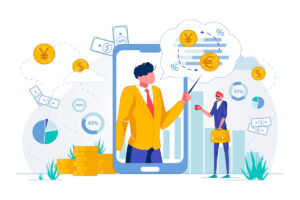
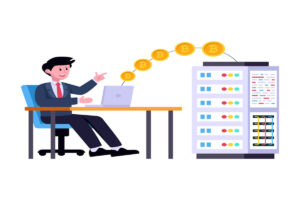
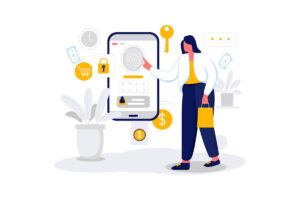
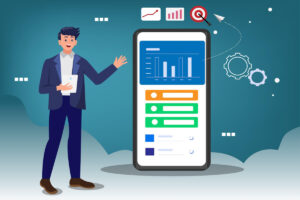
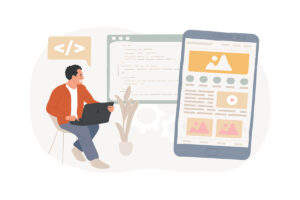

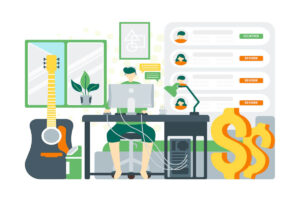
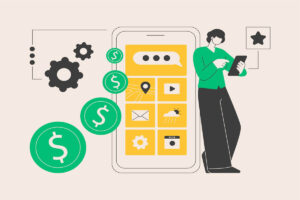
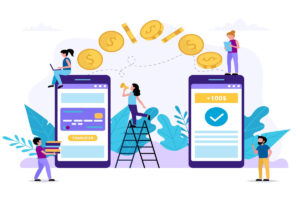


+ There are no comments
Add yours